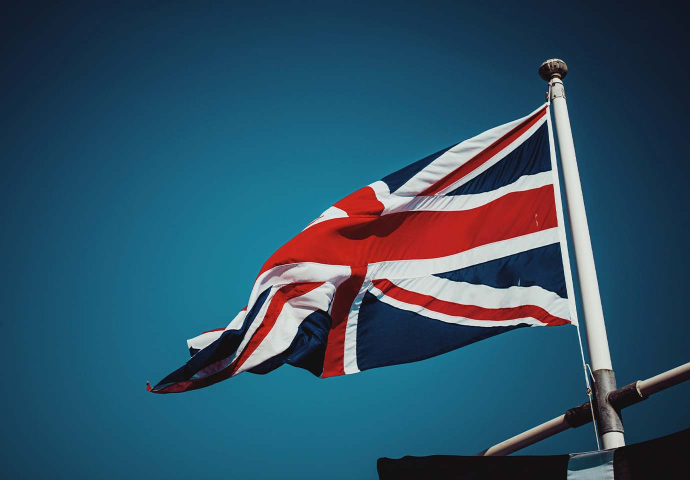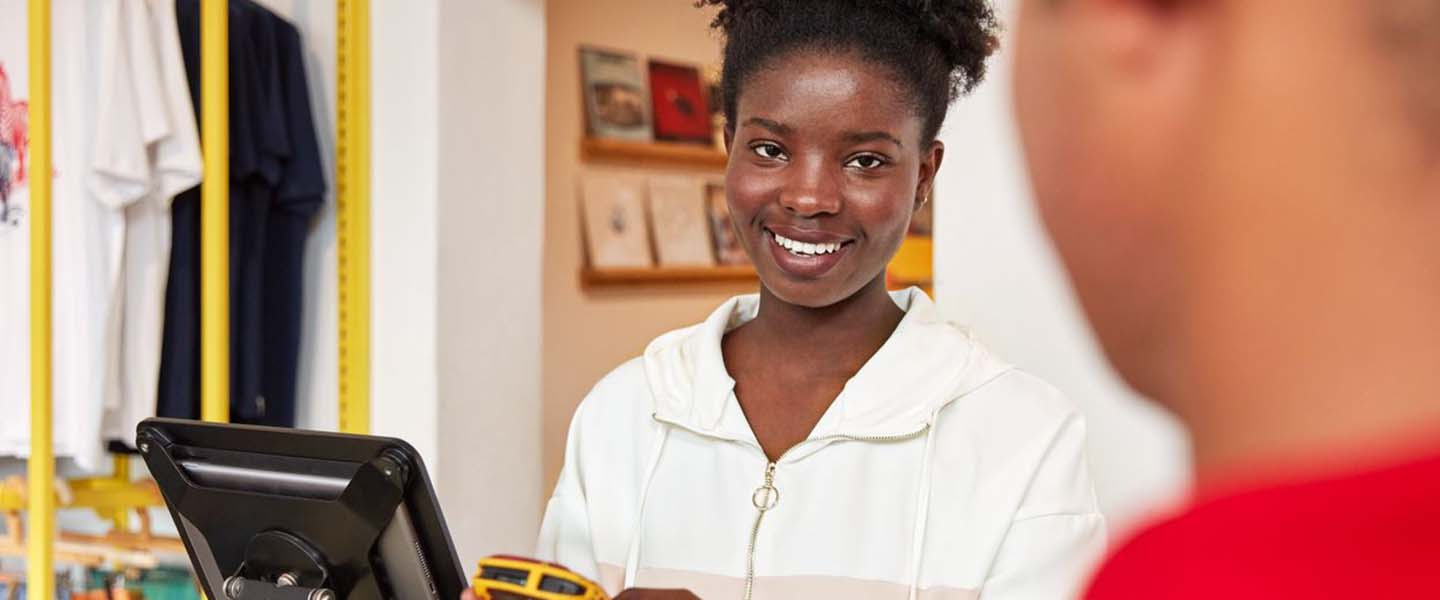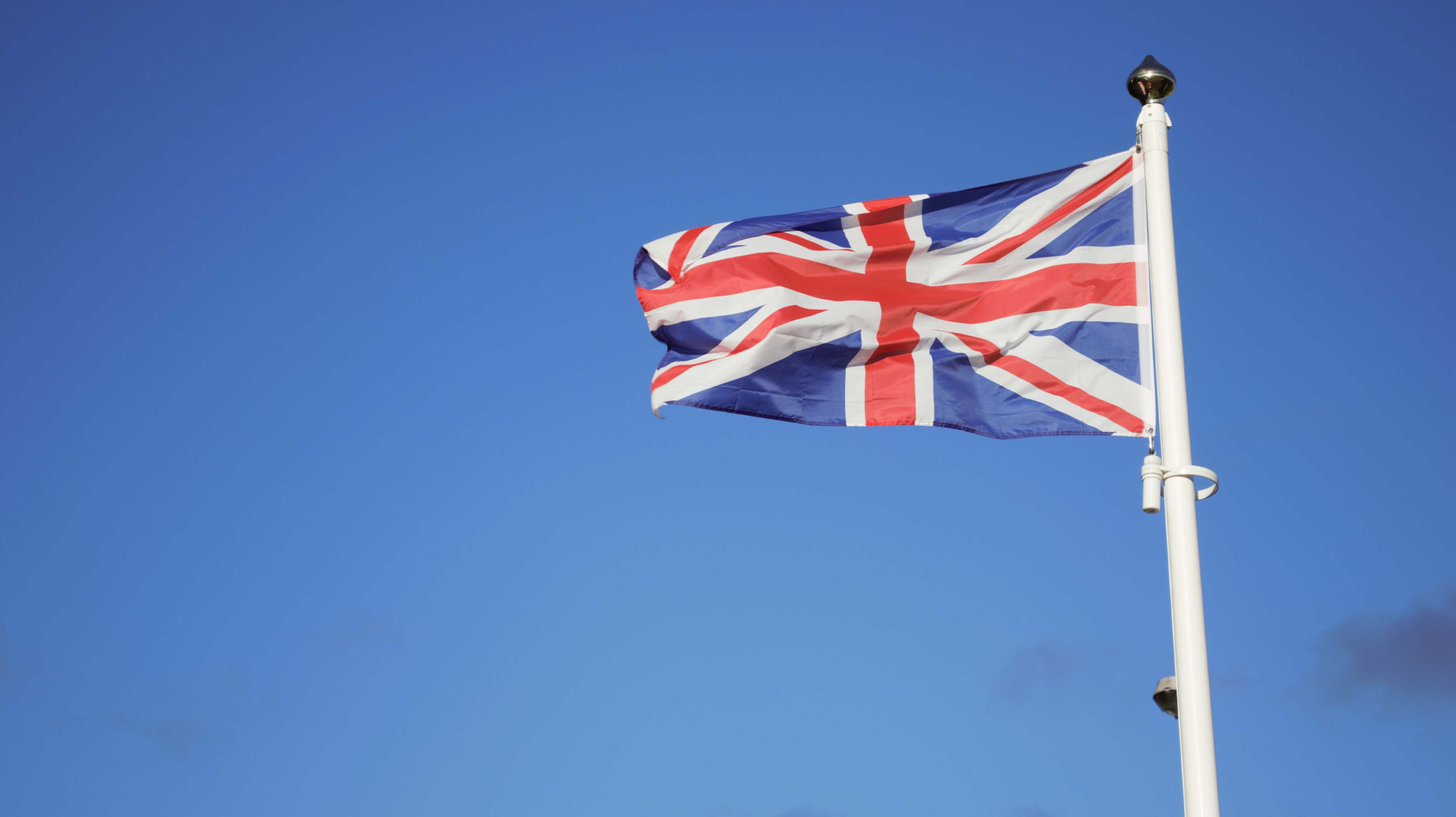Latest news
Change as of 1 January 2022 - animal and/or plant products from EU to the UK
In the context of Brexit, the UK has a transition phase for trade in animal and plant products from the EU. Since 1 January 2021, the UK has been conducting administrative and physical checks at the point of destination on live animals and certain (high priority) plants and plant products originating in the EU. Other products are not currently subject to controls. However, as of 1 January 2022, this will change. Do you want to find out more about the new regulations and how this might impact your business? Scroll down to our Brexit FAQ or take a look at the website of the UK for more information on these animal and plant products.
Are you planning to ship to the UK?
Download the Brexit pack below for maximum preparation and complete the checklist to avoid any surprises.
Brexit for consumers
Now that the United Kingdom is no longer part of the European Union as of 1 January 2021, this means that when goods are imported from the United Kingdom, a customs declaration must be submitted for your shipment. Any import duties and VAT on import are also calculated by means of this declaration. This can lead to additional costs for you. Keep in mind that the total costs for importing goods from the United Kingdom can therefore be significantly higher after January 1, 2021.
You have to pay the import duties and VAT to DHL before delivery. If your mobile phone number is stated by the sender in the shipment data, you will receive a payment request from DHL Express via SMS. Prompt payment will ensure fast delivery of your goods. (NB. A DHL Express payment request for VAT / import duties always contains the airwaybill / AWB number of your shipment. Did you receive an SMS without a (correct) airwaybill / AWB number? Do not click on anything and notify us via report phising or fraud.)
How do I benefit from the ‘zero tariff’ for customs duties?
in order to benefit from the EU-UK Trade Agreement ‘zero tariff’ (zero Customs duties), it is essential that you provide evidence of the country of origin in the Commercial or Pro-forma Invoice for shipments to businesses and consumers. This can be achieved using the statement below for UK or EU goods fulfilling the relevant rules of origin requirements. It is important that this information is supplied pre-clearance.
The exporter of the products covered by this document (Exporter Reference No.*) declares that, except where otherwise clearly indicated, these products are of ... preferential origin.
(Place and date**):
(Name of the exporter):
The goods Country of Origin must be calculated and recorded accurately, and it is the responsibility of the shipper to do this.
*: The Exporter Reference No. is required for all UK to EU shipments (this reference is your GB EORI number). For shipments from the EU to the UK, the Exporter Reference No. (this reference is your REX number) is only required where the value of the shipment exceeds 6,000 EUR / £5,700.
**: may be omitted if the information is contained on the document itself
How will this impact me?
From 1 January 2021 Customs Declarations will be required for shipments between the European Union and Great Britain (and vice-versa). Although the EU-UK Trade and Cooperation Agreement refers to ‘zero tariffs’ (zero customs duties), this doesn’t replace the need to generate a Customs Declaration and so a Commercial or Pro-forma Invoice is required.
The trade deal only applies to Customs duties, meaning that in most cases Customs duties will not be applied to goods fulfilling all necessary “rules of origin” requirements.
However, VAT will still be levied. Customs declarations are therefore required for goods to clear the border, as the UK will have left the single market and the customs union. Country-specific restrictions will still be in place and any associated licenses will also be required.
E-commerce for webshops
Next to changes to Customs procedures, changes to UK VAT regulations will be introduced on 1 January 2021. This regulatory change is not part of the EU-UK Trade and Cooperation Agreement, and applies to shipments being imported into the UK from any country worldwide. This means that most shipments valued at more than £135 will attract VAT on importation from any country, including the EU. For shipments with a value of £ 0- £ 135 sold by businesses to consumers in the UK, VAT must be collected at the point of sale and is therefore the seller's responsibility. The VAT paid by the buyer must be stated on the invoice.
When you ship to UK customers, these shipments are dutiable. Of course, this also applies when your customers return shipments. With the Easy Returns service, DHL Express ensures that the returned goods are re-imported into the EU without payment of customs duties. Fast and easy!
You can consider using our billing service 'Duties Taxes Paid' (DTP). As the shipper you pay the import duties (where applicable) and the VAT. With an all-in sales price, you avoid surprises for your webshop customer. This way, the delivery of your product is just as smooth as the online purchase.
The benefits of shipping with DHL Express
• DHL Express handles all your customs declarations for shipments to and from the UK
• DHL Express is also market leader in the UK with many years of experience, local expertise and an extensive network.
• DHL Paperless Trade - create your shipment invoice online and send it electronically to DHL Express for faster customs clearance.
With DHL Paperless Trade you can send your commercial or pro-forma invoice online within the electronic shipping application. This eliminates the need to print your commercial or pro forma invoice and physically add it to the shipment. With this free service from DHL Express, you save time preparing your shipment and make a positive contribution to the environment by saving paper. In addition, you will immediately receive a confirmation when the invoices have been successfully received by DHL Express.
SPECIAAL VOOR U GESELECTEERD
VERGROOT UW UK KENNIS BIJ DHL EXPRESS
Export: payment risks and customs formalities
Crossborder E-commerce

LESS PAPER, MORE SPEED
PAPERLESS TRADE
Save time and money when creating your dutiable shipment, reduce paperwork and make a postive contribution to the environment with DHL Paperless Trade. Transit your commercial or pro forma invoices online. This free service eliminates the need to print and physically attach customs document to your shipment. Getting started is very easy!
DO YOU HAVE ANY BREXIT QUESTIONS?
KEY FACTS UK
UNITED KINGDOM
POPULATION
65,6 Milion (2017)
LANGUAGE
English
CAPITAL
London
REGION
Europe
CURRENCY
Pound Sterling £

The United Kingdom consists of: England, Scotland, Wales and Northern Ireland. The first three form the isle of Great-Britain. The majority of the inhabitants (80%) of the United Kingdom live in England. The United Kingdom is the 5th largest economy worldwide with a strong financial center and has been one of the Netherlands' most important trading partners for many years. The most important export products are chemical products and machines. The Netherlands also exports meat, vegetables and fruit to the UK.

SET UP A DHL ACCOUNT
We will be happy to advise you on the DHL Express options and the corresponding, competitive rates. Complete the form and benefit from the advantages of a DHL account number.
